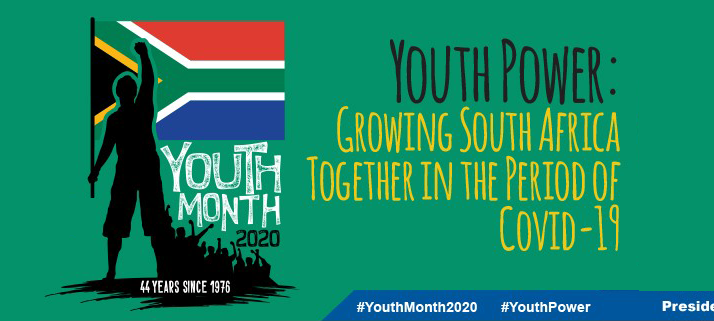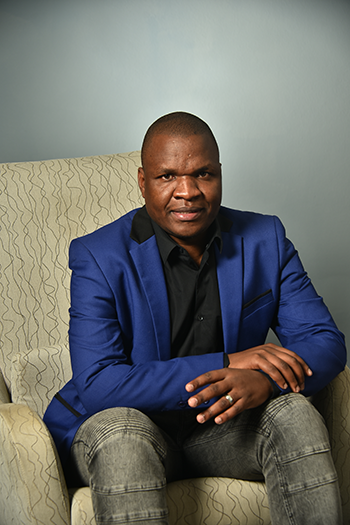News & Events
#YouthMonth: Mobilise to end patriarchy

Prof Nokuthula Mazibuko (Head: Institute for Gender Studies, CHS) believes that by being available emotionally and physically, fathers are able to effect positive change in the lives of their children, especially the boy child, and especially in the context of what we face as a country with gender-based violence.
The month of June in South Africa is considered Youth Month as citizens reflect on the sacrifices made by the youth of 1976, who protested Afrikaans language becoming a medium of instruction at schools, and who were met with violence by the country’s police. Known as the Soweto Uprising, the protests spread countrywide, and profoundly changed the socio-political landscape in South Africa.
Today, as we acknowledge the bravery of the school learners who felt motivated to challenge the education policies of the apartheid government, one must ask what motivates the youth of 2020.
Do they feel compelled to challenge systems that keep them oppressed? Are they motivated to better their communities? Do they have effective role models to show them the way? These are some of the questions that I often ask myself as I reflect on today’s youth.
As a gender studies scholar, I am often concerned with how matters of gender and patriarchy hold our youth back from creating a positive society for themselves and for generations to come. I believe that the youth of today are a vulnerable population in our country, and despite the progress made by government to empower them, many of them are at risk of being uneducated and ultimately unemployed. They may come from different backgrounds, but they share some common experiences, such a lack of guidance, love and nurturing from their parents, especially the male parent who is absent in many homes.
One of the challenges that the youth face, and that they need to mobilise on is patriarchy and the ramifications that it has for our society. One just has to look at the statistics on the number of our women and children who are victims of gender-based violence as well as domestic violence and femicide, and we will understand how deep-rooted patriarchal activities are in our society.
Another ramification of patriarchy is the entrenchment of traditional norms and values regarding male and female roles in a society. These continue to negatively affect our men and women. Looking at men, the expectation of them to be the “man” and the sole provider, and breadwinner in a home, can be very damaging to their mental health, and can result in negative actions, one of which can be violence against the wife or partner. In this regard, we see how the cultural expectations for men, young and old, to fulfil can be very patriarchal in nature.
Considering the above, I often speak about the importance of a father’s involvement in the caregiving and the socialisation of his children. Given the challenges that we face today with gender-based violence, it is evident that there is a toxic masculinity among the men in our country. This toxic masculinity values toughness, independence, power, and control. I believe if men and fathers were allowed the space, and given the tools, to be fathers who are available physically, mentally, and spiritually, we will be able to raise a next generation of men who do not have to prove their masculinity through power and control.
Research shows us that children who receive emotional nourishment from birth onwards, who are close to their parents, who receive cognitive stimulation, warm and positive parenting from both parents, are likely to succeed in education, and become healthy adults, who are less likely to be involved in substance misuse, engage in risky sex, violence, and criminal behaviour. Scholarship also points to how patriarchal expectations to fulfil toxic forms of masculinity can remove the father from the home, physically and emotionally, which in turn can lead to children, and young adults, engaging in destructive behaviours such as a life of crime, gender-based violence and femicide.
This youth month, I wanted to share these brief reflections with you because I believe in the power of fathers who are present in their children’s lives. I believe that by being available emotionally and physically, fathers are able to effect positive change in the lives of their children, especially the boy child, and especially in the context of what we face as a country with gender-based violence.
*By Nokuthula Mazibuko, Head, Institute for Gender Studies in the College of Human Sciences
Publish date: 2020/06/18

